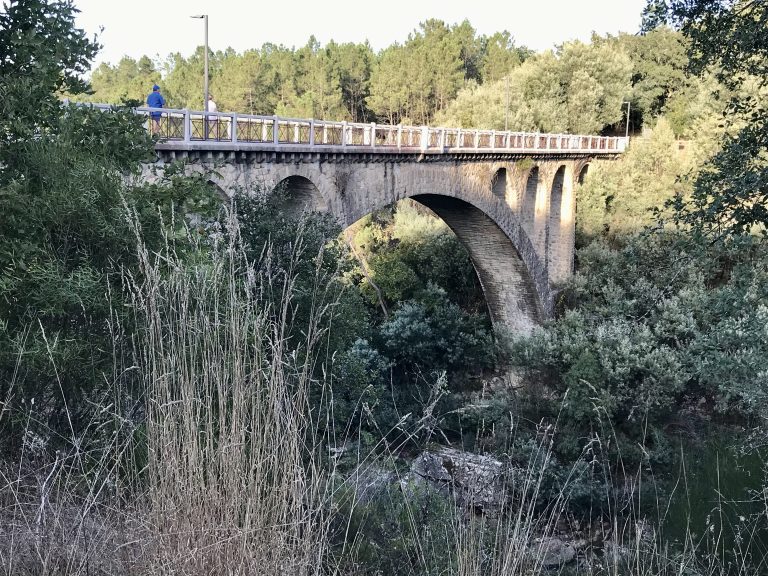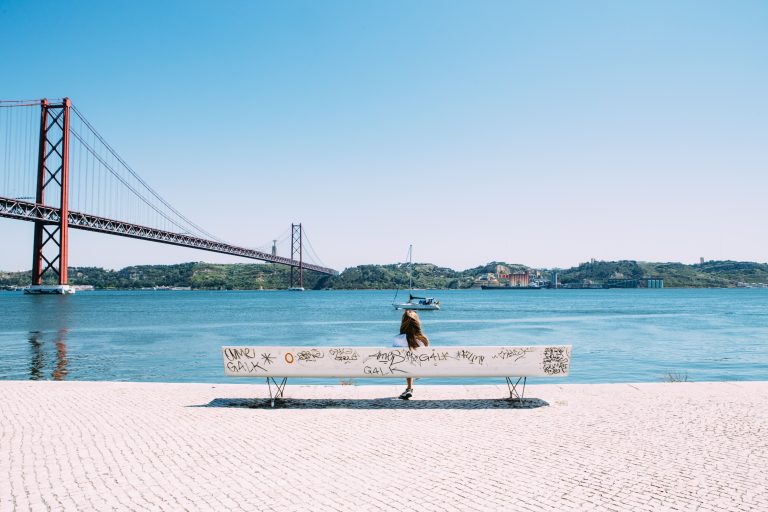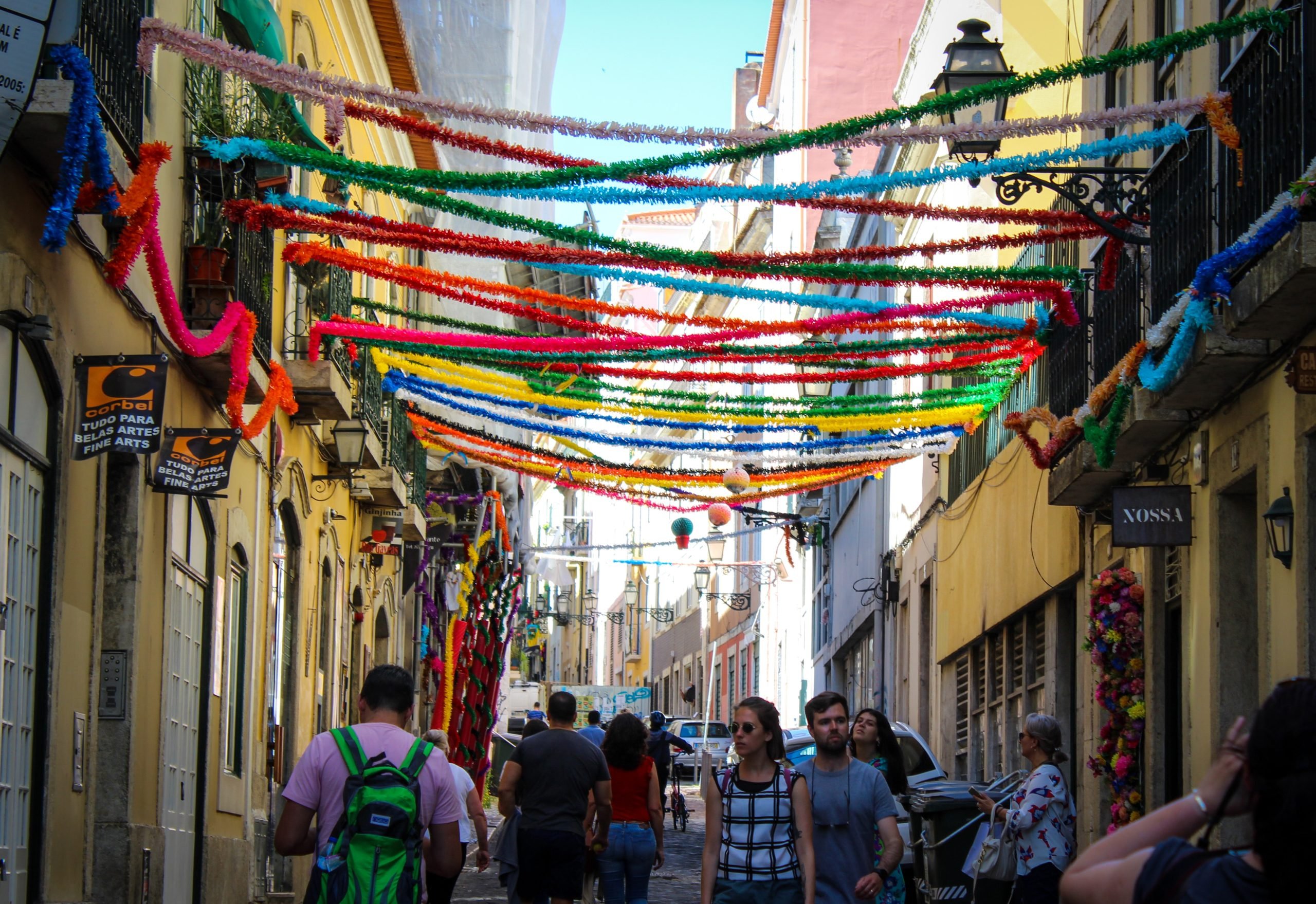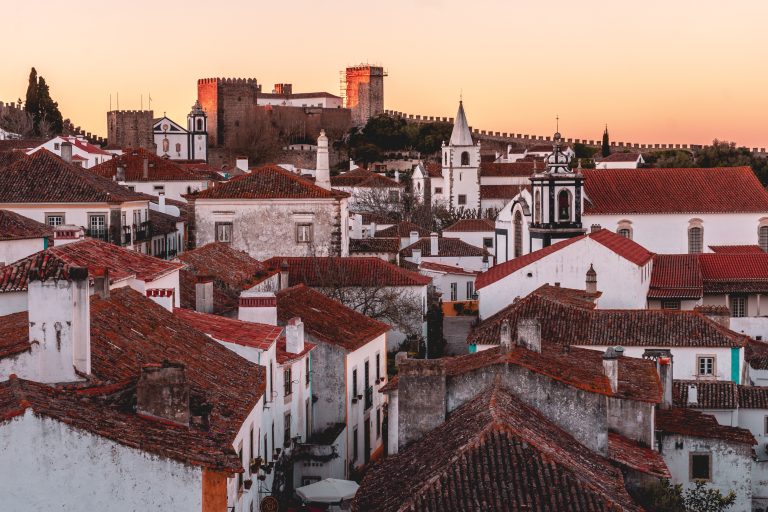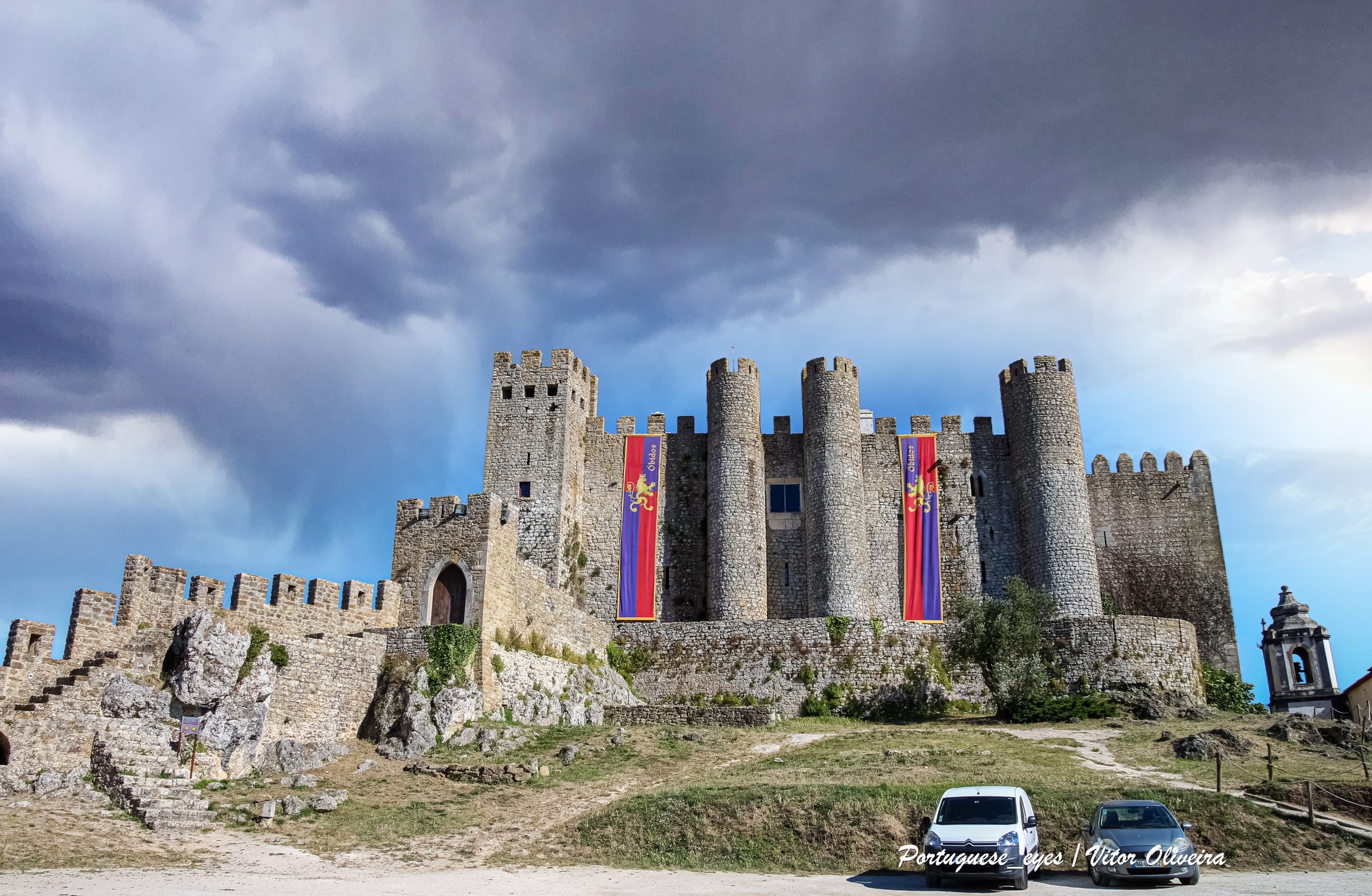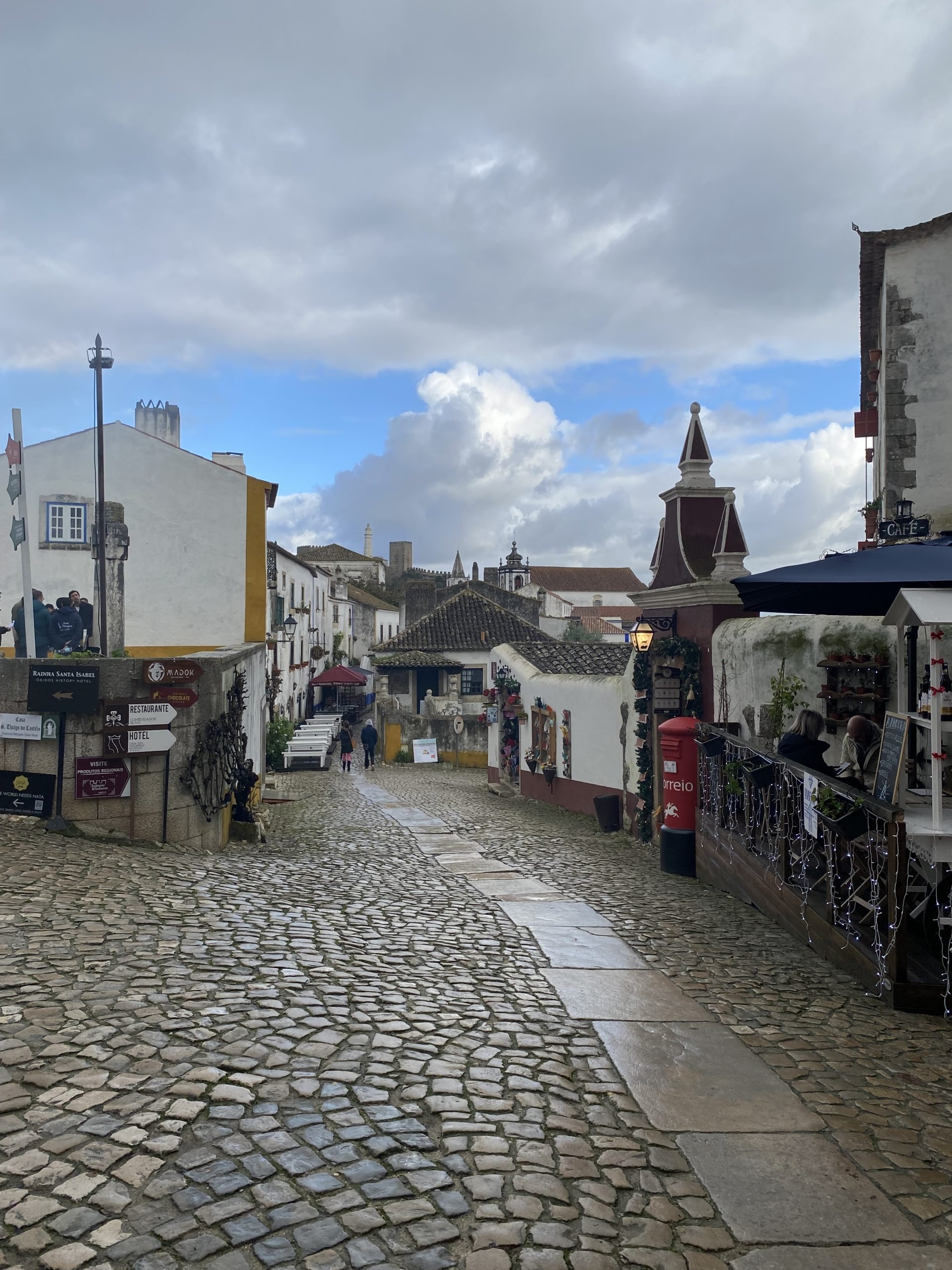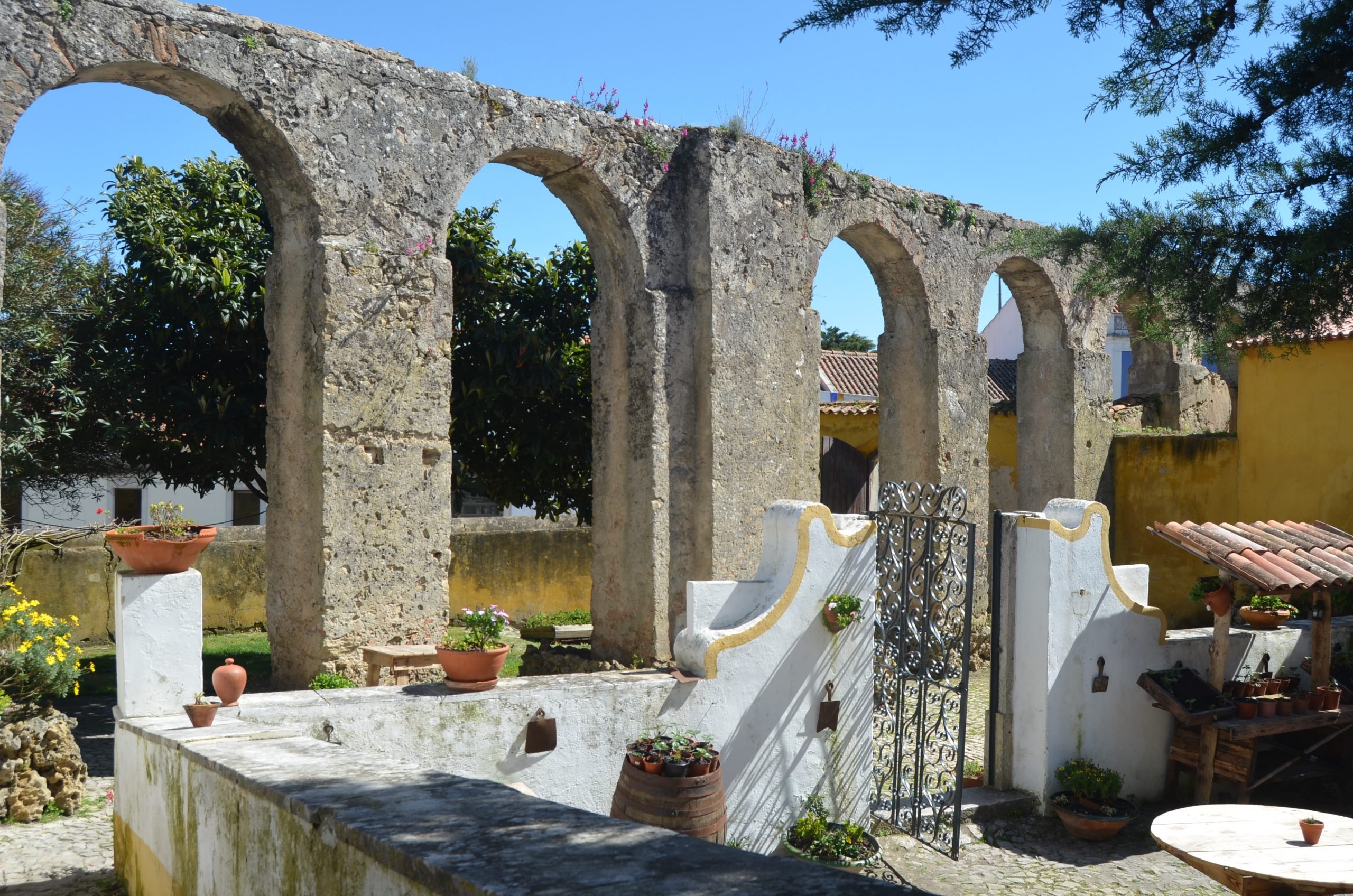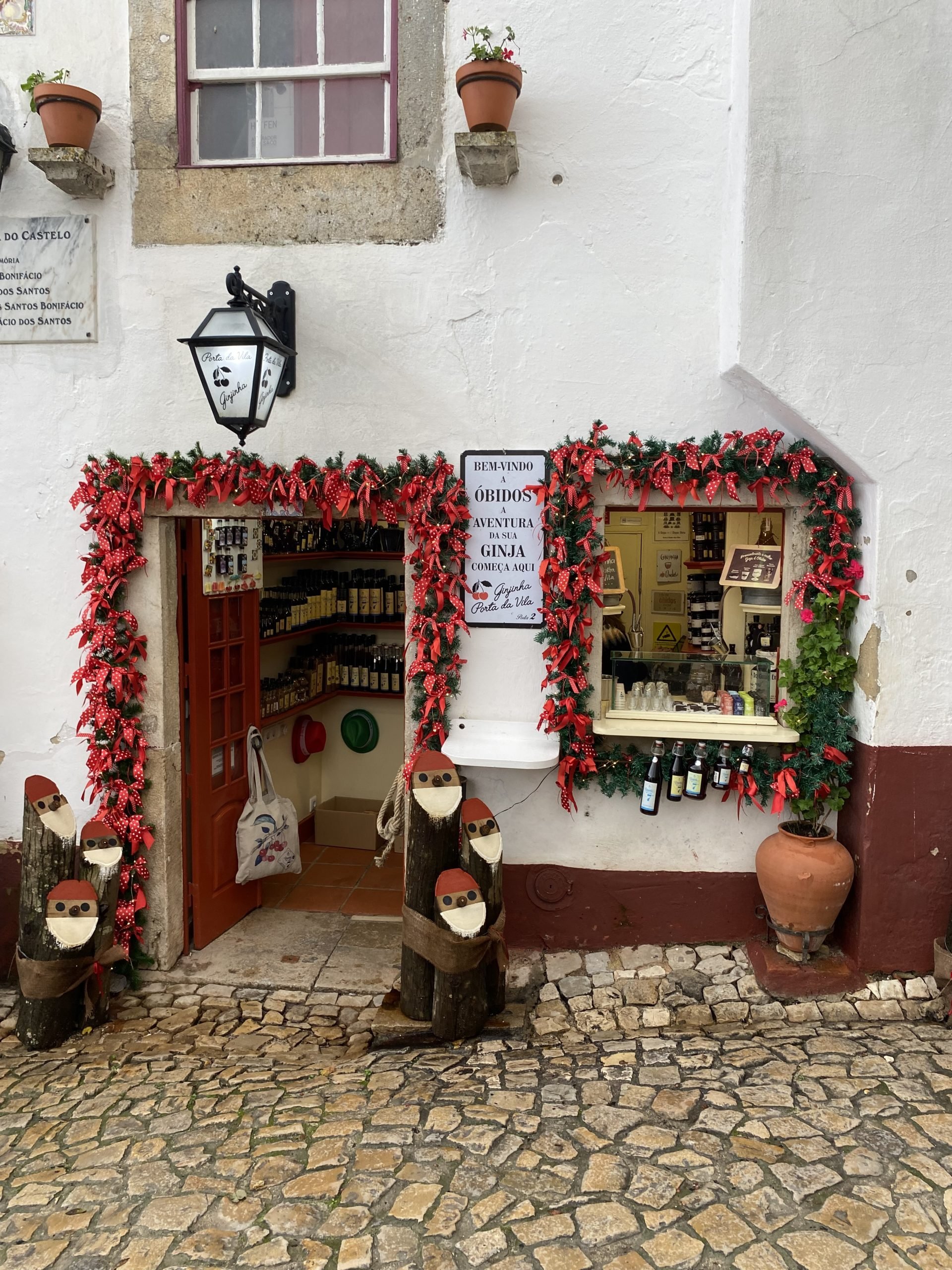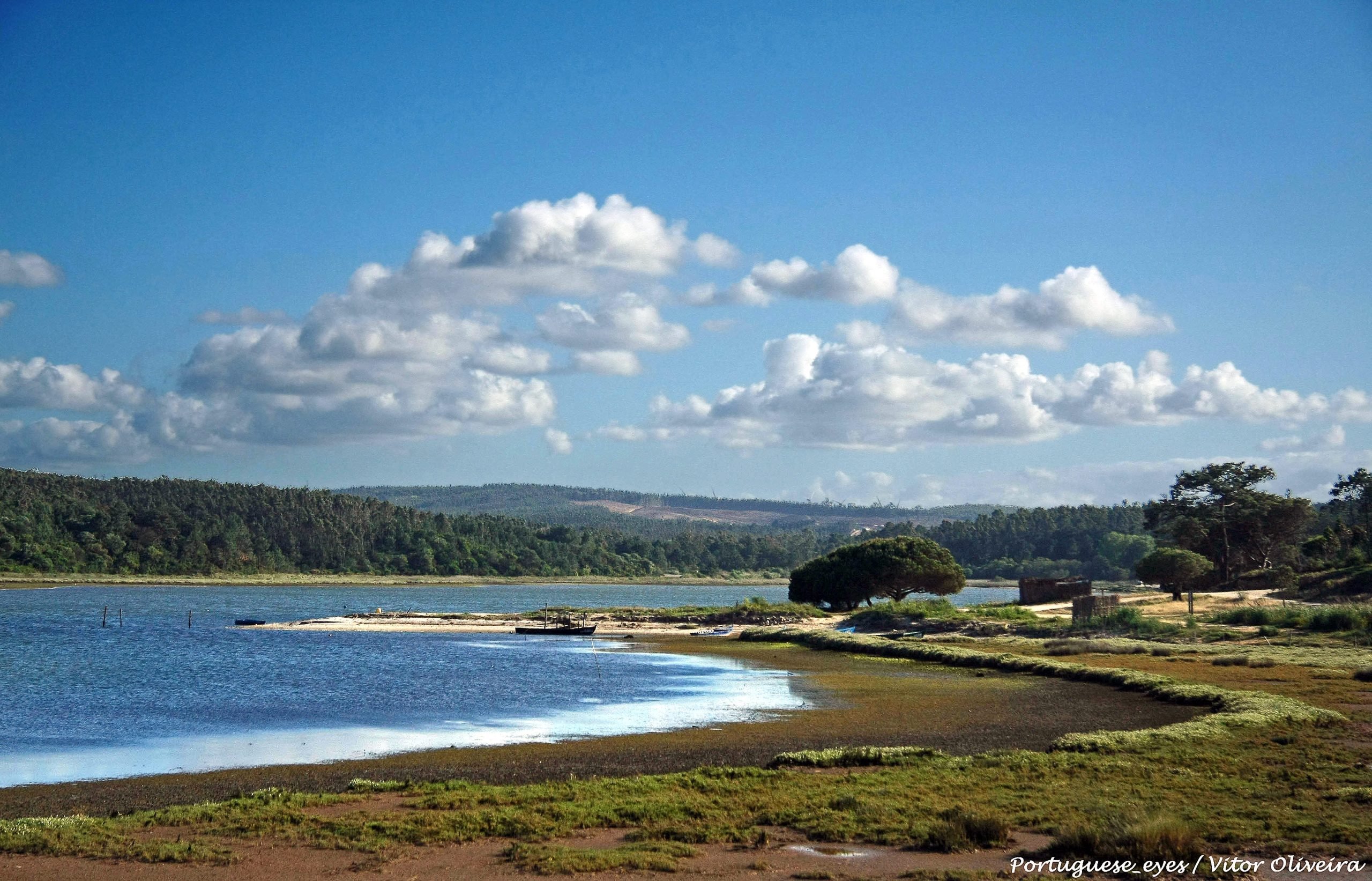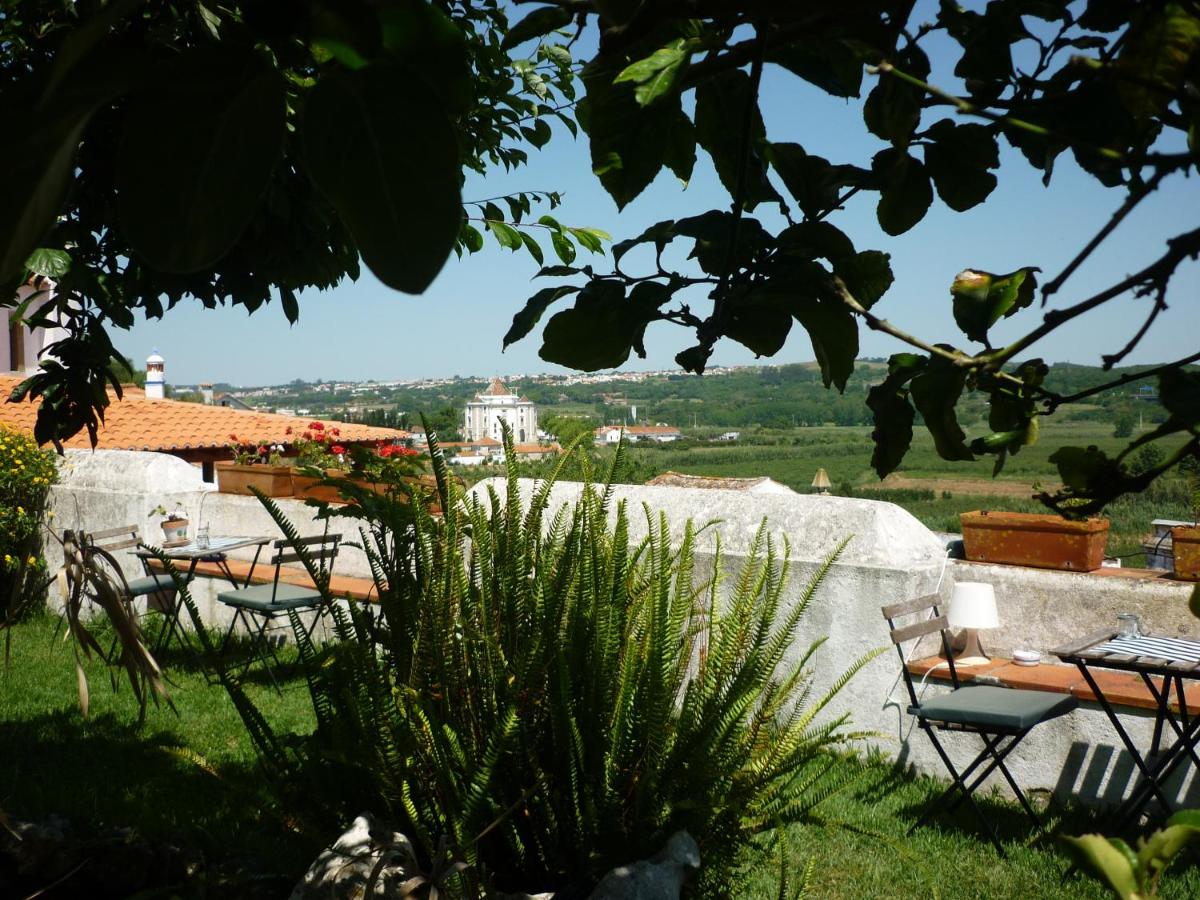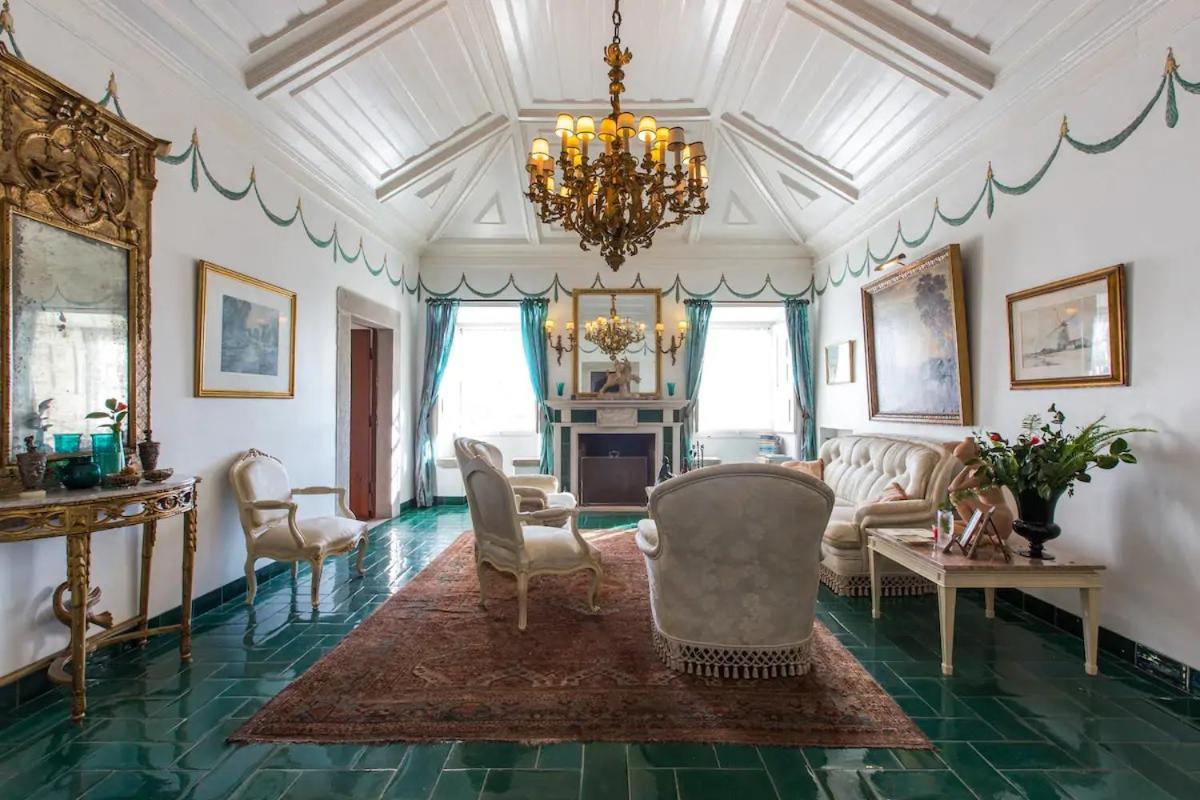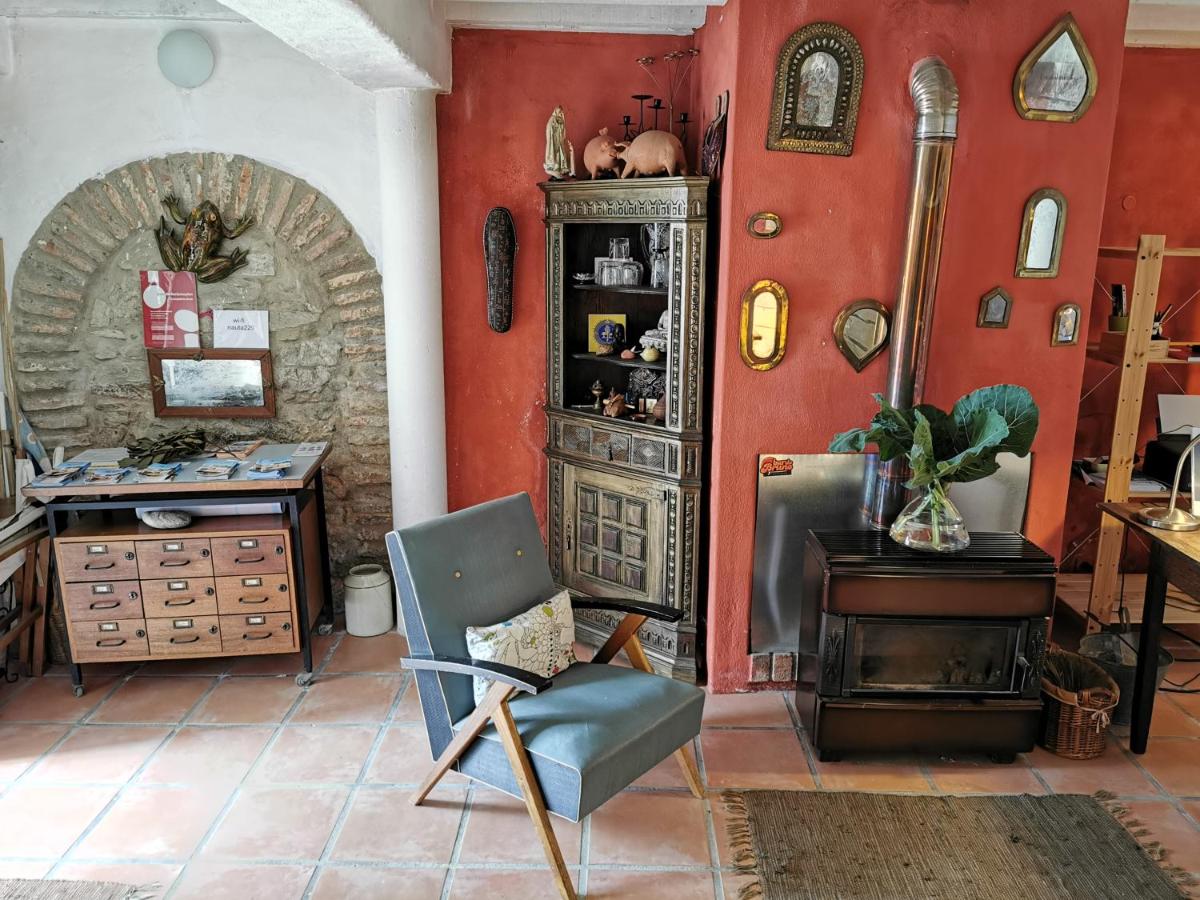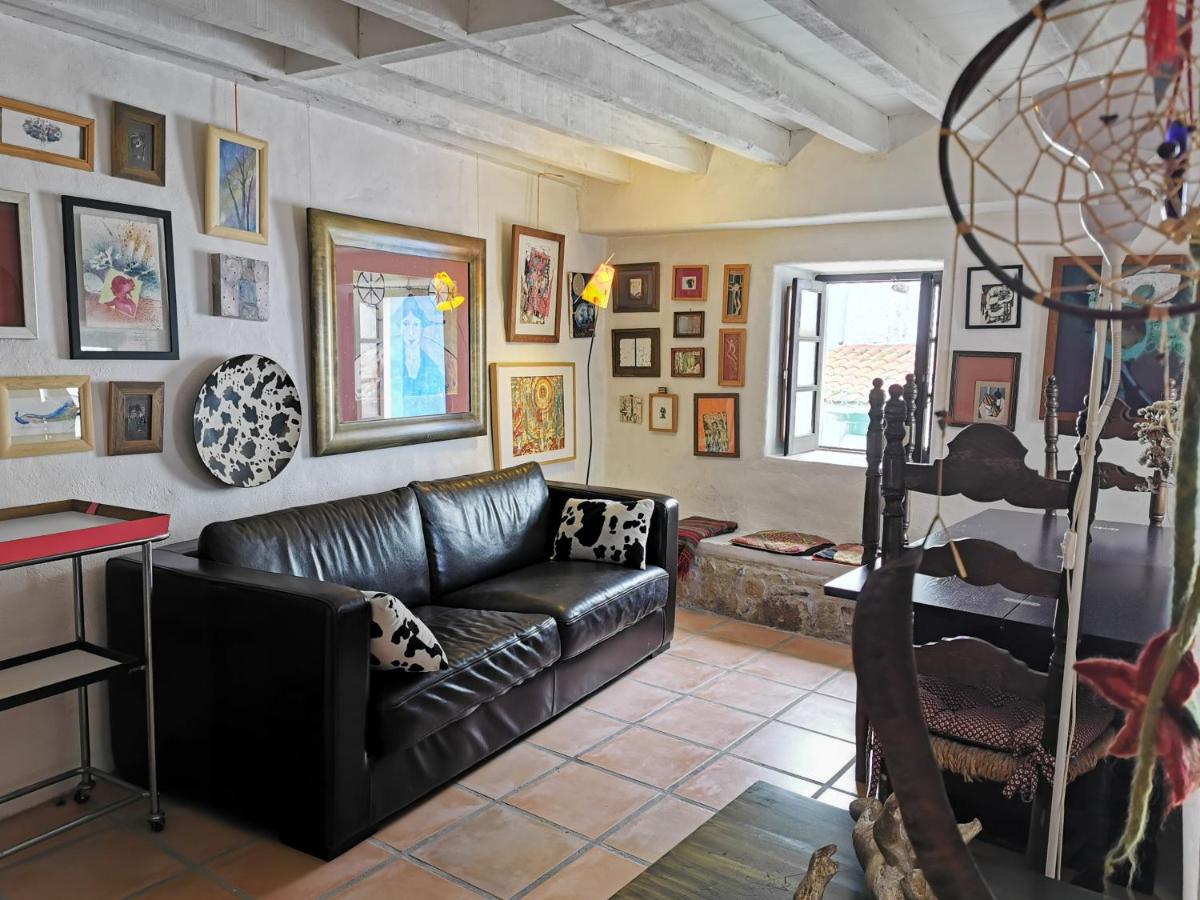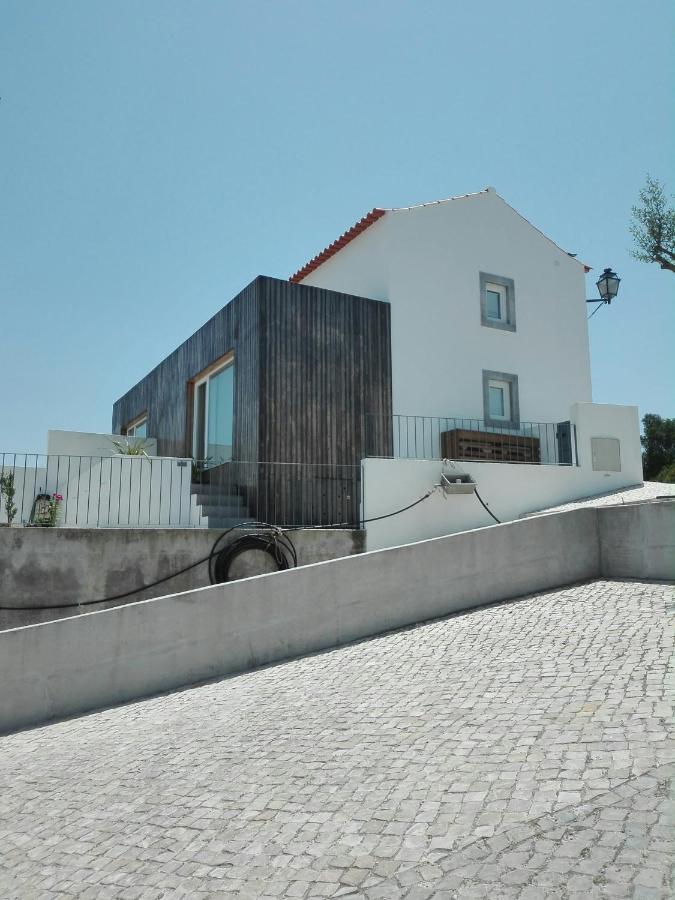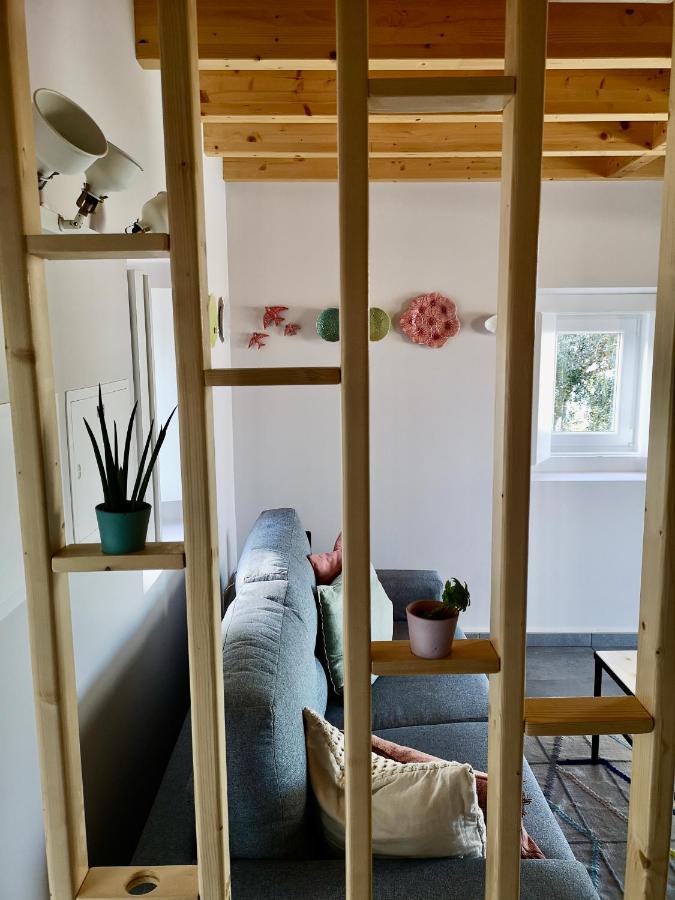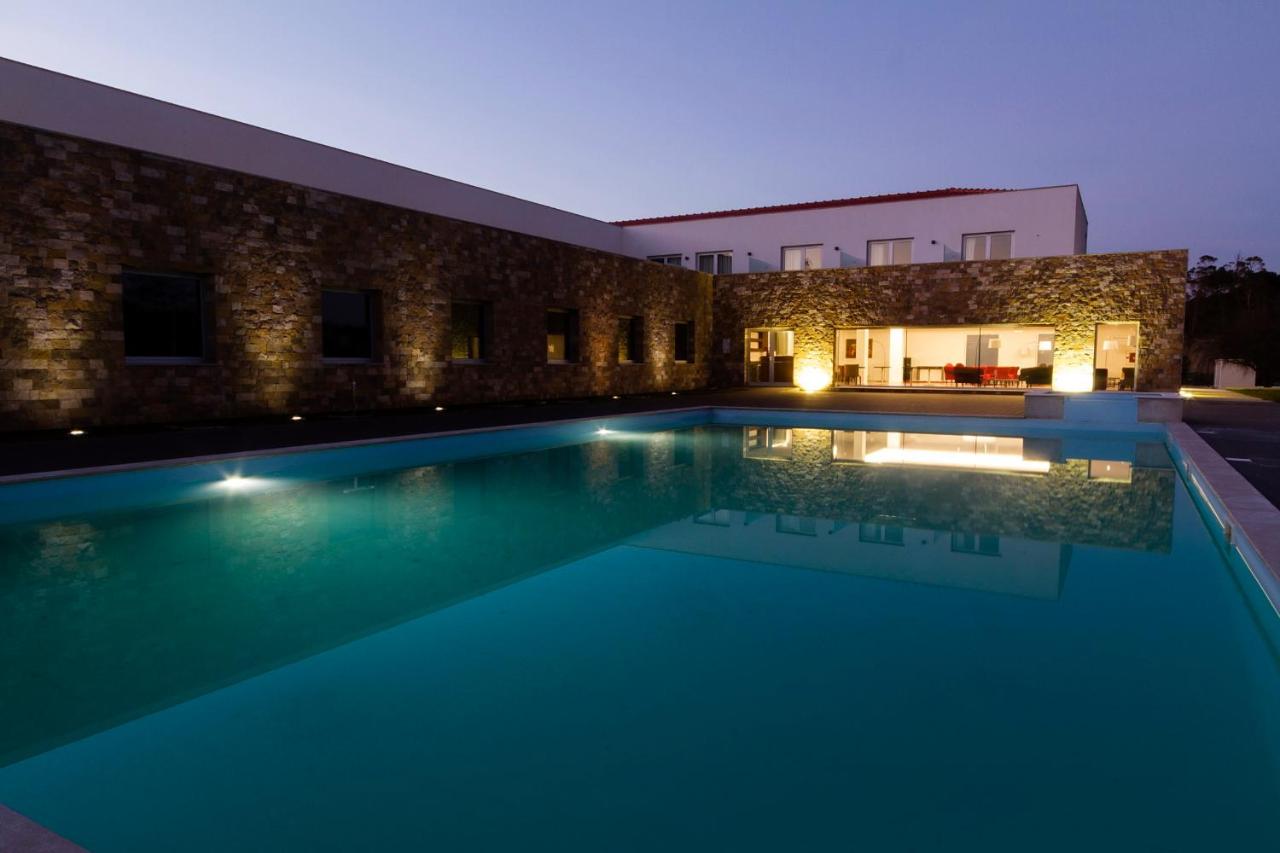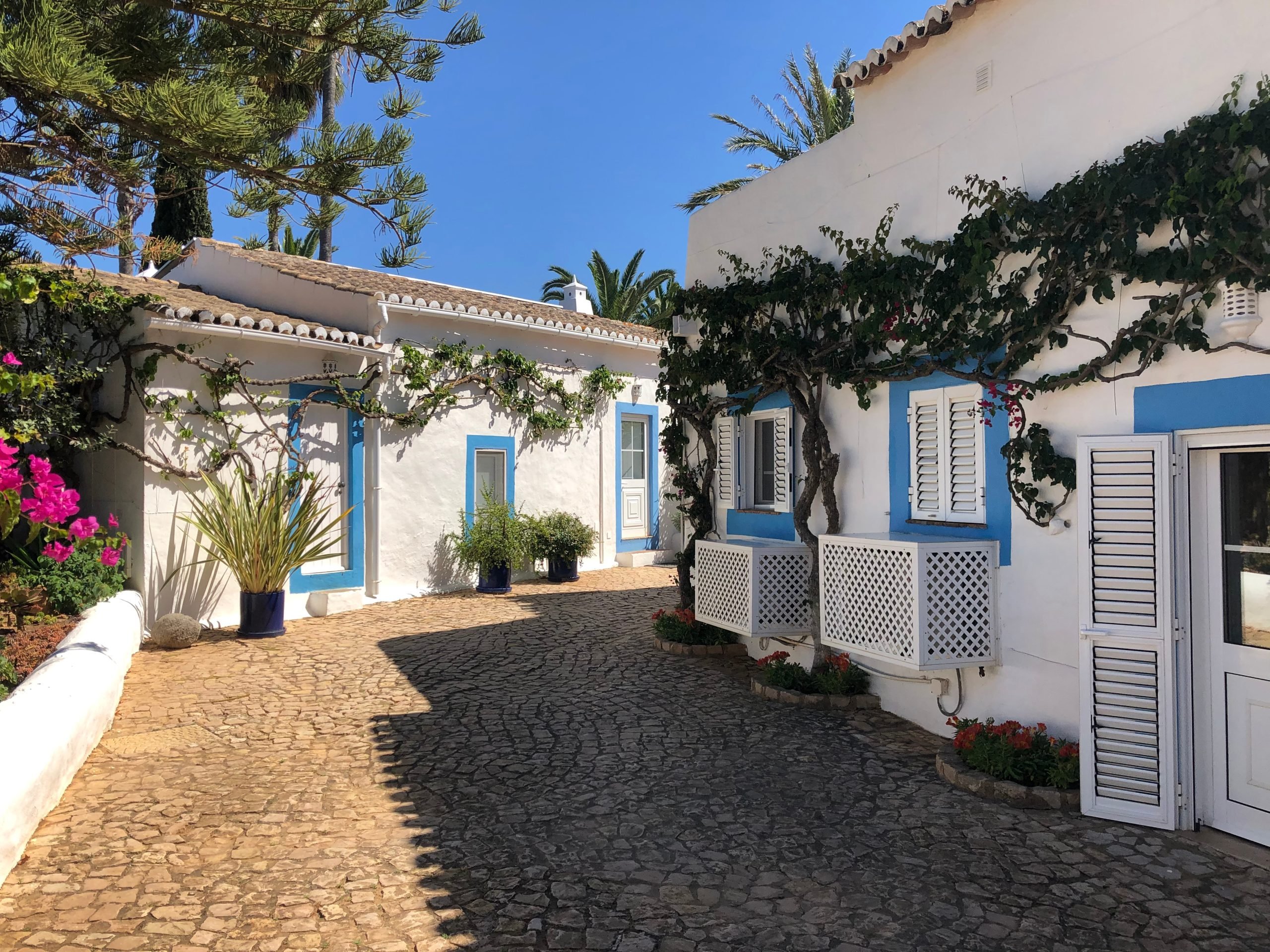If you’re moving to Portugal, safety is your concern. Although Portugal is an extremely safe country in Europe, there could be times when you need to contact emergency numbers and access services. Keep the following list close to you in case you need to call up these emergency numbers in Portugal.
Emergency Services in Portugal 112
If you only memorize one number, it’s 112. This is the number you call for a medical emergency. If you need the fire brigade or another emergency service, such as the police, you can always call 112.
112 is available 24 hours a day, every single day, and calls are free of charge.
Police in Portugal 112
If there is an emergency, you should call 112, and it is likely that if necessary, police will also come. This is the best way to get into contact with the police in an emergency situation.
However, if you need to get in contact with the police, there are three main organizations: Policia Judiciaria (Judicial Police), GNR (National Gendarmerie), and the PSP (Public Security Police).
The Policia Judiciaria take care of high-level criminal investigations, so you most likely will never have to get in contact with them. If you need something, you will need to find the nearest GNR and PSP contacts. These will depend on where you live, so check the websites for GNR and PSP.
Fire Brigade in Portugal 112
To contact the fire brigade in the case of a fire, call the emergency number 112 to report it as soon as possible.
Also, make sure that, especially during the summer months, you take measures to avoid starting a fire, such as not burning garden or agricultural waste without permission, not setting off fireworks, and more. Make sure to familiarise yourself with local safety and emergency procedures during wildfire season.
Health Line 24 in Portugal 808 24 24 24
If you are ill but are not in need of emergency services, you can call the Health Line 24 for any health queries at 808 24 24 24. They provide advice and referrals and are available 24/7.
Suicide Helplines in Portugal
Portugal has a bunch of suicide hotlines for those who need to talk to someone:
- SOS Voz Amiga: 0800 202 669
- SOS Line Student: 808 200 204 969 554 545
Domestic Violence Contacts in Portugal
In Portugal, domestic abuse is defined as any behavior (or absence of it) that inflicts suffering, carried out with or without intent. This includes physical, sexual, emotional, psychological, financial, and verbal abuse, as well as social isolation.
Domestic abuse is a public crime in Portugal, meaning anyone can report the crime and criminal proceedings will take place even without the victim’s consent.
If you or anyone you know is at risk of domestic violence, you can contact the following:
- Portuguese Victim Support Association (APAV) for free legal advice and for support: 707 200 077
- 24/7 Domestic Abuse Hotline SOS Mulher (anonymous and free of charge): 800 202 148
- Child abuse hotline (SOS Crianca): 800 202 651
- Call 112 if you need emergency assistance
Drug Abuse Contacts in Portugal
If you or someone you know is struggling with drug abuse, you can contact the following numbers for support:
- Drug Abuse Support – Linha VIDA for support and referral: 1414
- Narcotics Anonymous: 800 202 013
- Familias Anonimas for people whose lives are affected by drug addiction: 916 718 947
Animal Services Contacts in Portugal
- Associacao Animal: 962 358 183
- Sociedade Protetora dos Animais: 213 423 851
- Linha Verde SOS Ambiente (for injured animals): 808 200 520
- Protection Service of Nature and the Environment of GNR: 217 503 080
Poison Line in Portugal
For information regarding the diagnosis, toxicity, treatment, and prognosis of exposure to toxic poisoning for both humans and animals, call the poison line at 808 250 143. Available 24/7.










